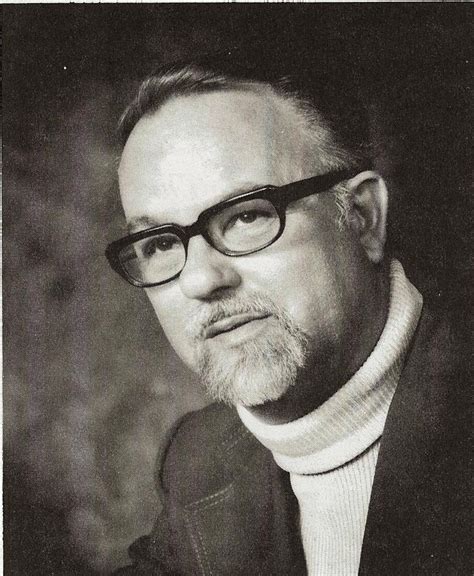 Gordon Delamont
Gordon Delamont

Born: October 17, 1918
Died: January 18, 1981
Gordon (Arthur) Delamont. Teacher, author, composer, trumpeter, born
in Moose Jaw, SK. Raised in Vancouver, he studied trumpet with
his father, Arthur Delamont, and was soloist with the boys' band. He
moved in 1939 to Toronto, where he played lead trumpet in dance
bands
and CBC radio orchestras. He also led a dance band 1945-9 that
performed at the Club Top Hat, Toronto, and other southern Ontario
halls.
Delamont had a special talent for teaching. (Jonn took Delamont's
first
book on his Europe trip to study, before beginning studies
with him, and found the book quite intimidating and challenging to
follow. Once he started sessions with Delamont, each lesson
"de-mystified"
the pages they were working on. The lessons tranformed the pages
from
an up-hill struggle to an interesting
and creative exploration.)
After brief studies (arranging, composition, and pedagogy) in New
York
with Maury Deutsch in the summer of 1949, Delamont opened his own
studio in Toronto. He taught harmony, counterpoint, composition, and
theory privately for more than 30 years, counting among his pupils
Peter Appleyard, Saul Chapman, Gustav Ciamaga, Ron Collier, Jimmy
Dale,
John Dobson, David Elliott, Jack Feyer, Doug Foskett, Bill Goddard,
Hagood Hardy, Herbie Helbig, Paul Hoffert, Lawrence House, Don
Johnson,
Eddie Karam, Moe Koffman, Rob McConnell, Ben McPeek, Marek Norman,
Lloyd Orchard, Bernie Piltch, Mort Ross, Fred Stone, John Swan,
Norman
Symonds, and Rick Wilkins. Delamont's theoretical texts have been
used
in schools and by musicians throughout North America.
Delamont led a rehearsal band ca 1953-ca 1962 in order that his
students might have an outlet for their compositions. In the 1960s
he
directed a jazz octet which performed for Ten Centuries Concerts and
on
the CBC.
A guiding figure in Canada in the third-stream movement which
revolved
around two of his earliest pupils, Collier and Symonds, Delamont
himself composed several works applying classical forms to the jazz
idiom. His compositions include Allegro and Blues (1962, for jazz
orchestra), Portrait of Charles Mingus (1963, for octet), Ontario
Suite
(1965, Kendor 1967, a piece for soprano and orchestra performed
daily
at the Ontario Pavilion at Expo 67), Centum (Kendor 1966, for band),
Collage No. 3 and Song and Dance (both 1967, Kendor 1970, recorded
by
the Ron Collier Orchestra with Duke Ellington as soloist), Moderato
and
Blues for Brass Quintet (1973, Kendor 1974), and Conversation for
Flugelhorn and Alto Saxophone (Kendor 1977). His best-known work,
Three
Entertainments for Saxophone Quartet (1969, Kendor 1970), has been
performed widely in North America and in Europe and was recorded by
the
New York Saxophone Quartet (Mark MES-32322).
On the advice of Paul Hoffert (Lighthouse), Jonn gained an interview
with Delamont in 1970. After the usual ear tests and questions, they
had some interesting discussions about music and life. Delamont told
Jonn he had an 'above average ear for his students', and wished that
he had come to him five years ago. He said that he was booked up for
the
next two years, but that several of his former students were now
teaching from his books. However Delamont said he would be
interested in
teaching Jonn himself, and if Jonn were to contact him on his return
from Europe in the fall, he would fit him in if he had a
cancellation.
Jonn studied with Delamont for four memorable years on his return
from Europe.
